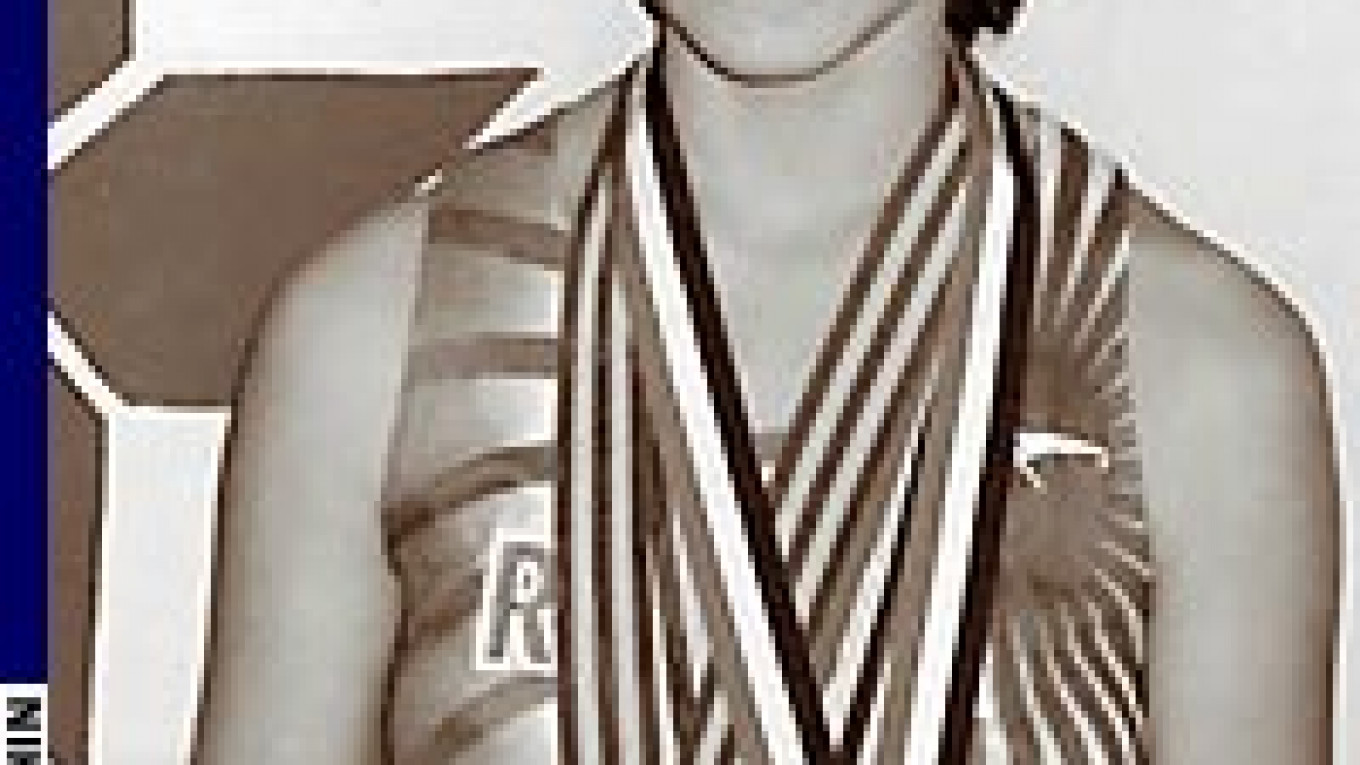From then on, that routine was repeated every day for over 10 years until Stankina became world champion in the 20-kilometer walk. Her natural stamina and obsession for the sport molded her character as she matured into the queen of Russian athletics.
In 1995, Stankina was the only Russian to win gold at the World Championships in Gothenburg, Sweden. Not only did she reach the dizzy heights of track and field back then, writing her name in golden letters into the history books, but at the age of 18 years and 138 days, she also made it into the Guinness Book of Records as the youngest athletics world champion.
After success in 1995, everything was going well for Stankina, and she was preparing herself for triumph at the 1996 Olympic Games in Atlanta. Superman magazine, despite her gender, included her in a list of the most popular people in Russia, placing her ahead of well-known politicians such as Alexander Lebed and Grigory Yavlinsky.
But the first serious setback in Stankina?€™s career was awaiting her across the ocean as she was disqualified from the race for violating the walking rules by running.
"It wasn?€™t my fault. I didn?€™t run ?€” it was my rival Yelena Nikolayeva who stepped on my heels as we were walking, and that?€™s why I jumped a little and thus gave the impression that I was running," recalled Stankina.
Now she has special shoes to wear in Australia to ensure there is no repeat. "I need them, for contenders will always be behind my back and I won?€™t be able to put them off."
Stankina is enormously popular in her home town, but she was at first unaware of her superstar status, still thinking of herself as an ordinary provincial girl. Once, her almost-identical sister tried to take an exam in Saransk Institute where Irina was studying at the physical training department. The teacher, of course, noticed the difference and was angry with her, but changed his mind a moment later, though, and gave her a passing grade.
Those long, dreary winter evenings of exhausting training sessions have given Irina a tough personality. "She never complains," said her admiring coach, Viktor Chyogin. "Irina is easy to work with ?€” she is obedient, eager to fulfill a task and always keeps her shirt on. She has probably the most stoic personality of all the Russian athletes who are to participate in the forthcoming games in Sydney."
Her hardworking nature was clear to see when in 1998, just four months after having a baby, she returned to the sport.
"At that moment, I thought that it was time for me to choose whether to continue in sport or stay at home and be a perfect mother. I?€™ve chosen the latter, and I have never regretted it."
Indeed, Stankina doesn?€™t want to be a housewife, as she hates cooking and cleaning. Instead, she will be working on the small task of winning an Olympic gold in her second attempt.
"I think Australian Carry Saxby will be my main rival for the gold, as well as Russians Olga Polyakova and Natalya Gudkova," she predicted.
Frustrated after her ignominious exit from Atlanta in 1996, Stankina found the strength to get back on track the same year and become the world youth champion ?€” in Australia.
Will that soil down under prove fertile ground for Stankina again?
A Message from The Moscow Times:
Dear readers,
We are facing unprecedented challenges. Russia's Prosecutor General's Office has designated The Moscow Times as an "undesirable" organization, criminalizing our work and putting our staff at risk of prosecution. This follows our earlier unjust labeling as a "foreign agent."
These actions are direct attempts to silence independent journalism in Russia. The authorities claim our work "discredits the decisions of the Russian leadership." We see things differently: we strive to provide accurate, unbiased reporting on Russia.
We, the journalists of The Moscow Times, refuse to be silenced. But to continue our work, we need your help.
Your support, no matter how small, makes a world of difference. If you can, please support us monthly starting from just $2. It's quick to set up, and every contribution makes a significant impact.
By supporting The Moscow Times, you're defending open, independent journalism in the face of repression. Thank you for standing with us.
Remind me later.


